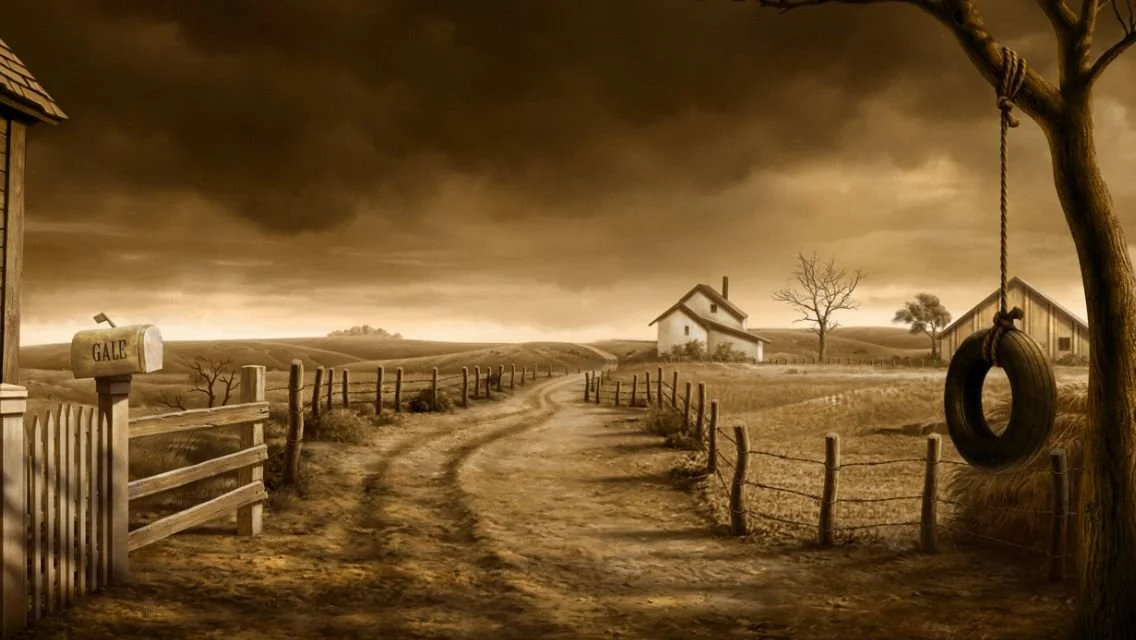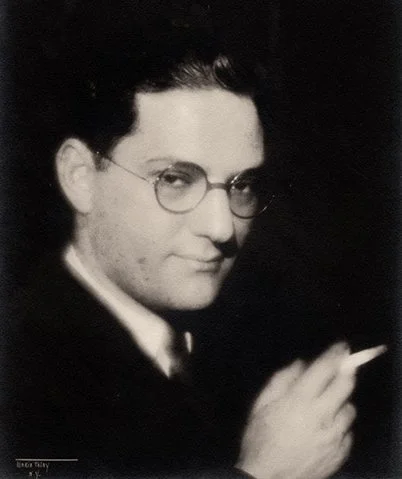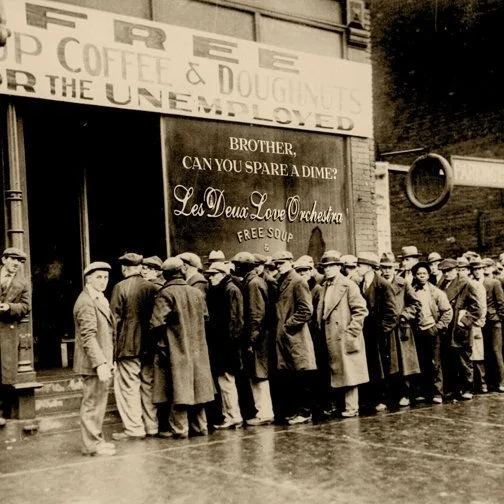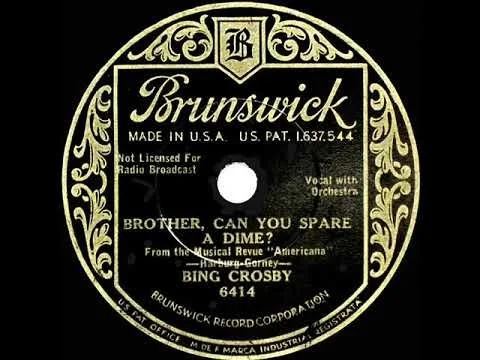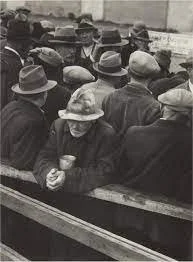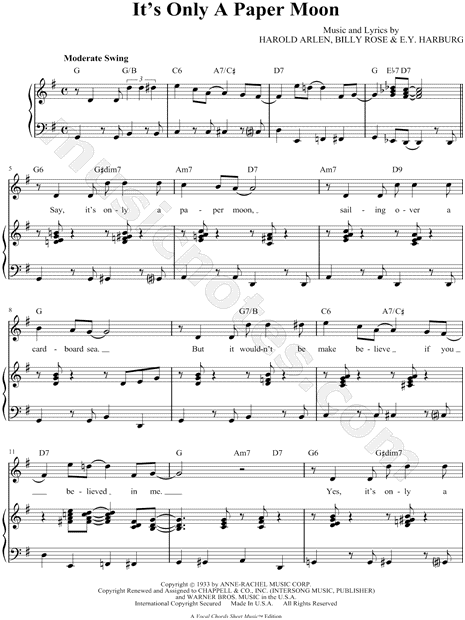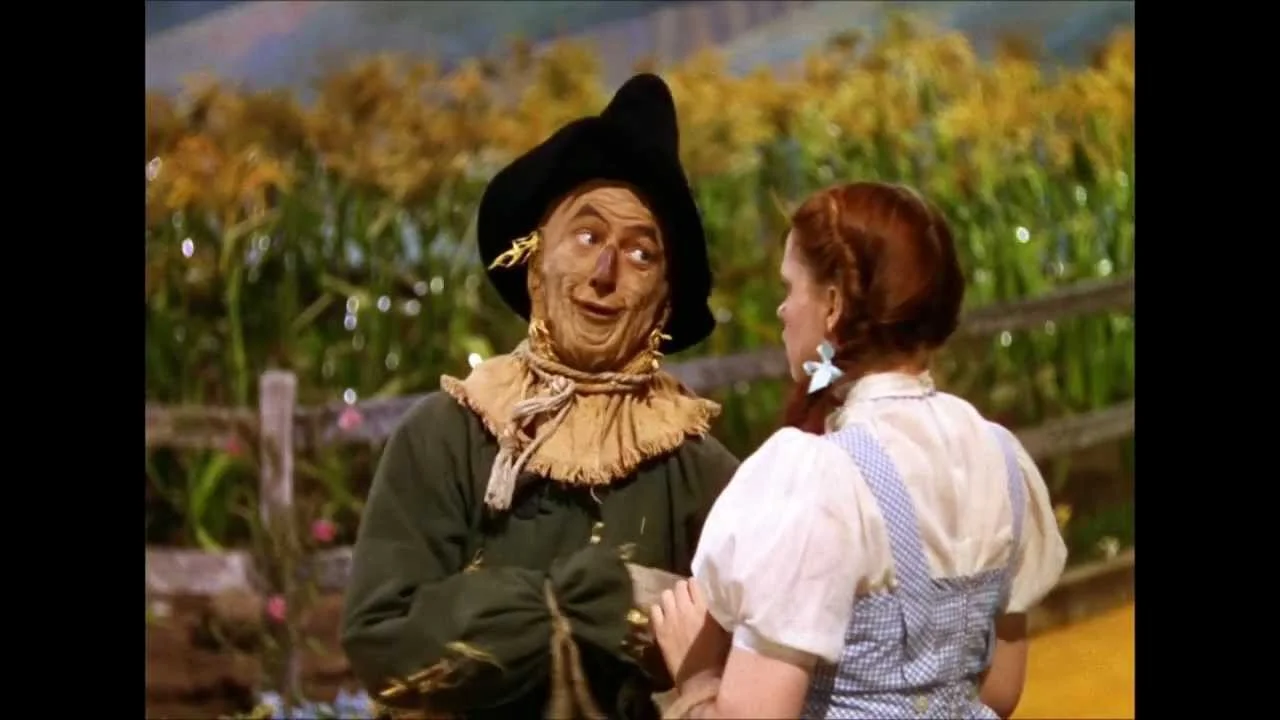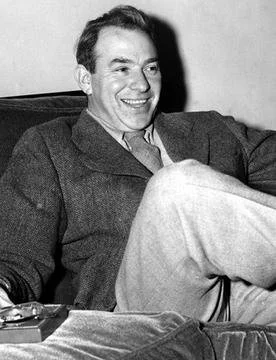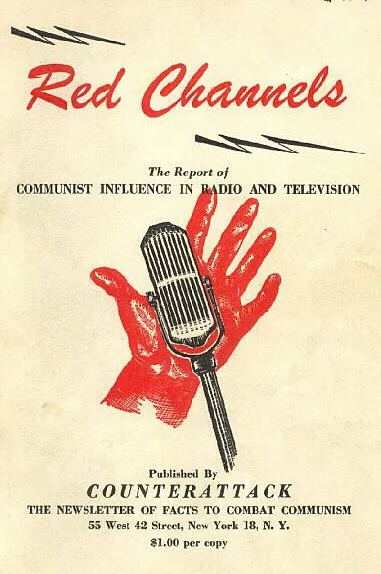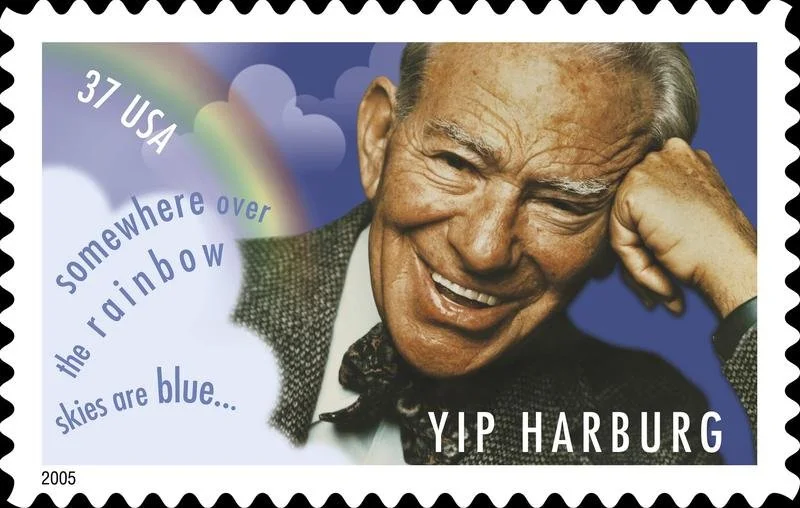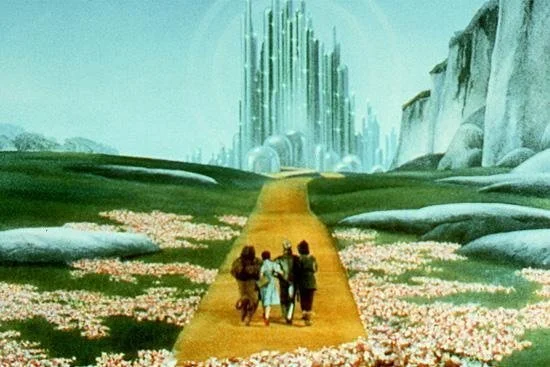THE WONDERFUL WORDSMITH OF OZ
HOLLYWOOD, 1939 — The set is black and white but mostly gray. A young girl steps into the barnyard. Her Auntie Em tells her to “find some place where you can stay out of trouble.”
"Someplace where there isn't any trouble,” Dorothy says. “Do you suppose there is such a place, Toto?” Cue the song.
But perhaps you know the song. You may even know the songster behind “Somewhere Over the Rainbow.” But Harold Arlen only wrote the music. Now, meet the lyricist.
Edgar Yipsel “Yip” Harburg merits just a few pages in the great American songbook. But Yip was more than the sum of his clever and dreamy lyrics. A passionate activist and social reformer, he was “Broadway’s social conscience.”
The son of Russian immigrants, Harburg was born in 1896 on Manhattan’s Lower East Side. Growing up in tenements, steeped in Yiddish and its joys, Harburg learned politics and poetry at an early age.
In high school, he befriended a classmate, Ira Gershwin. Sharing their love of Gilbert and Sullivan, the two dreamed of writing songs. Someday. But after college, the 1920s sent Yip into business running an appliance company. Then came the crash. His company bankrupt, Harburg was $50,000 in debt.
Now is the time, Gershwin told him, to write your dreams. Having already teamed with his brother George on “An American in Paris,” Ira introduced Yip to a Broadway producer. In 1932, Yip’s second musical included a song that, in a single phrase, defined the Depression. Chances are you know it.
Once I built a railroad, made it run
Made it race against time
Once I built a railroad, now it's done
Brother can you spare a dime?
Ever since the crash, pop music had been upbeat. “Happy Days are Here Again.” “On the Sunny Side of the Street.” Would no one tell the truth about hard times?
Harburg’s lyrics, set to the tune of a Russian lullaby, became “the anthem of the Depression.” Recorded by Bing Crosby, Al Jolson, and Rudy Vallee, “Brother, Can You Spare a Dime,” the New York Times wrote, “expressed the spirit of these times with more heart-breaking anguish than any of the prose bards of the day.”
Harburg’s next musical included another unforgettable song. Chances are. . .
Well, it’s only a paper moon
Sailing over a cardboard sea
But it wouldn’t be make believe
If you believed in me.
Hollywood took notice and Harburg soon teamed with Jules Styne and Jerome Kern to write soundtracks. Then in 1939, he worked with Harold Arlen to become the wonderful wordsmith of Oz.
With L. Frank Baum’s beloved story finally coming to the screen, producers needed a signature song. Harburg was asked to write "a ballad for a little girl who was in trouble and wanted to get away from Kansas, a dry, arid, colorless place. She had never seen anything colorful in her life except the rainbow. . ."
“Somewhere Over the Rainbow” stirred the heart, but Harburg wanted to stir up a little fun. Try now to forget Arlen’s melodies burned into your brain. Just read Yip’s wonderful wordplay.
We hear he is a whiz of a wiz
If ever a wiz there was
If ever a whiz of a wiz there was,
The Wizard of Oz is one because. . .
AND
I'd unravel every riddle
for every individdle
In trouble or in pain
With the thoughts I’d be thinkin'
I could be another Lincoln
If only had a brain.
And don’t forget. . .
When a man's an empty kettle
he should be on his mettle,
And yet I'm torn apart.
Just because I'm presumin'
that I could be kind-a-human,
If I only had a heart.
Toting a Best Song Oscar for “Rainbow,” Harburg could have owned Hollywood. But rejecting the glitz and glamor, he returned to Broadway, soon becoming its “social conscience.”
An unapologetic socialist, Harburg spoke out for justice. “Hooray for What!” spun songs denouncing war. “Bloomer Girl” championed feminism and anti-racism. And “Finian’s Rainbow,” with its hit “Old Devil Moon,” channeled the dreams of immigrants.
When de idle poor
Become the idle rich
You'll never know
just who is who
or who is which
Won't it be rich
When everyone's poor relative
Becomes a "Rockefellative",
and palms no longer itch
What a switch!
Broadway danced. Hollywood sang. But Washington, DC was not amused. In 1950, called before the House Un-American Activities Committee, Harburg was incensed.
“As the writer of the lyric of the song 'God's Country,' I am outraged by the suggestion that somehow I am connected with, believe in, or am sympathetic with Communist or totalitarian philosophy."
Blacklisted throughout the 1950s, Harburg wrote poetry later published as Rhymes for the Irreverent. He wrote just one more musical — “Hurry Sundown.” Yet on into his 70s, he remained witty. When Watergate flared, he parodied his Depression anthem.
Once we had a Roosevelt
Praise the Lord!
Life had meaning and hope.
Now we're stuck with Nixon, Agnew, Ford
Brother, can you spare a rope?
By the time Harburg died in 1981, his lyrics had been sung everywhere from Hollywood to the moon, where astronaut Gene Cernan hopped along singing “we’re off to see the wizard. . .”
In this “Barnum and Bailey world,” Yip Harburg made magic out of the human condition. He rarely lost hope, not even when troubles refused to “melt like lemon drops.” To the end, he considered himself, “one of the last of a small tribe of troubadours, who still believe that life is a beautiful and exciting journey with a purpose and grace which are well worth singing about.”
